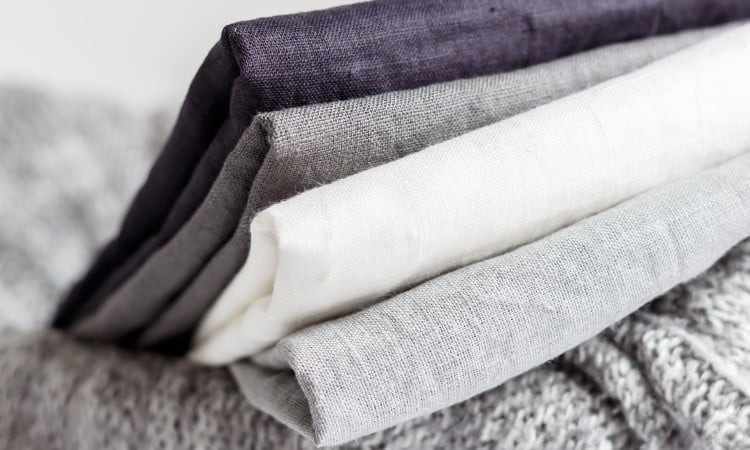Cotton, known as the “Fabric of Our Lives,” holds a significant place in the textile industry due to its versatility, comfort, and sustainability. However, not all cottons are created equal. Understanding the different types of cotton, including carded, combed, compact, and others, is essential for manufacturers, designers, and consumers alike. This blog will guide you through the various cotton types and their unique properties, helping you make informed decisions.
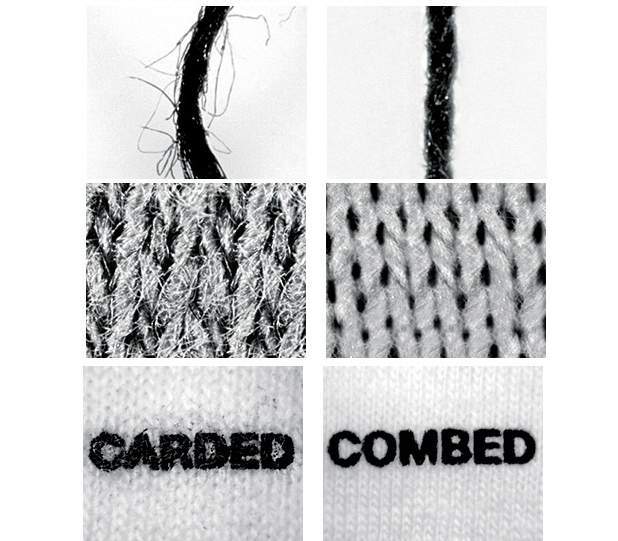
Carded Cotton
Carded cotton is the most basic form of cotton fabric. The process of carding separates the fibres and lines them up in a way that makes the yarn stronger and more durable. However, this method does not remove all the impurities and short fibers, leading to a somewhat coarser texture. Carded cotton is often used in products where the softness of the fabric is not the primary concern, making it a popular choice for utility items.
Combed Cotton
Combed cotton takes the process a step further by not only aligning the fibers but also removing the shorter fibers and impurities. This results in a smoother, softer, and higher quality fabric. Combed cotton is preferred for clothing and textiles that are in direct contact with the skin due to its superior softness and strength. For more insight into the benefits and applications of combed cotton, “The Versatile World of Cotton: Unveiling Its Multifaceted Uses” offers a comprehensive look.
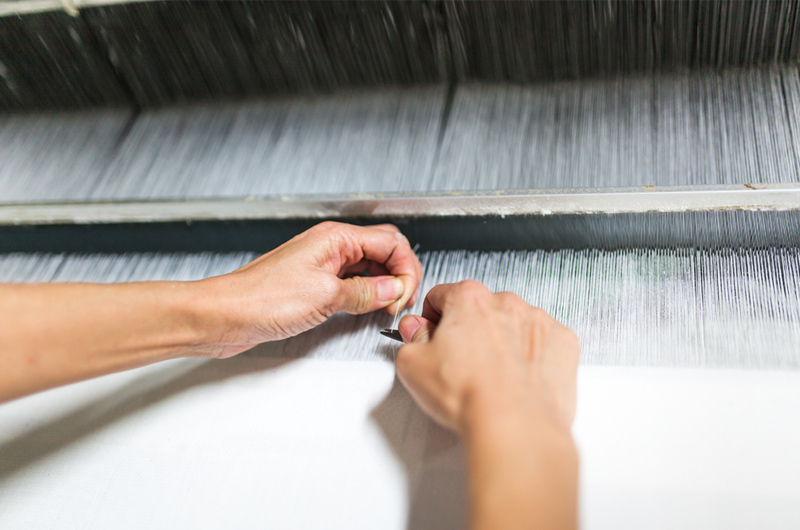
Compact Cotton
Compact cotton is produced using a special spinning process that further enhances the benefits of combed cotton. This process compacts the cotton fibers closer together, resulting in a stronger, finer, and cleaner yarn. Compact cotton fabrics are characterized by their smoothness, high durability, and reduced pilling. They are ideal for high-quality apparel and luxury textiles.
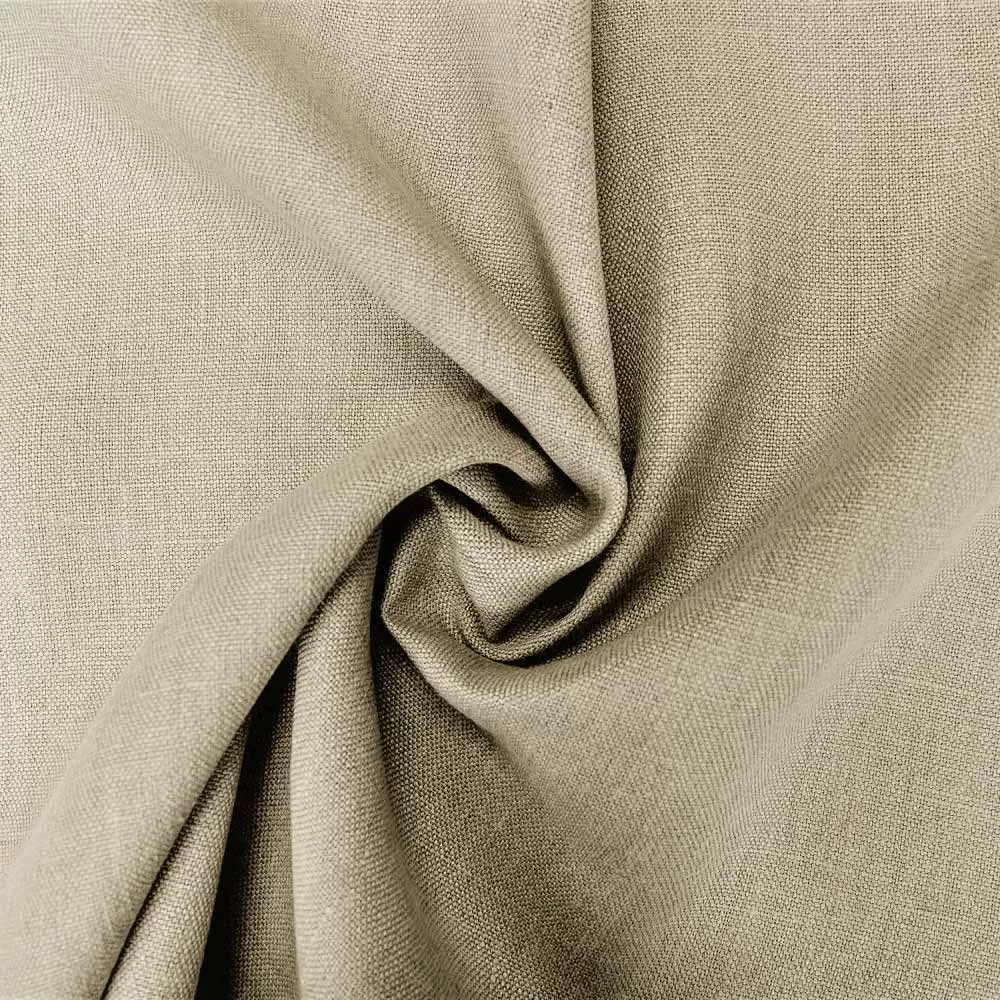
Organic Cotton
Organic cotton is grown without the use of synthetic pesticides, fertilizers, or genetically modified organisms (GMOs). It emphasizes environmental sustainability and the health of the ecosystem. Organic cotton fabrics are not only eco-friendly but also soft and gentle on the skin, making them a preferred choice for baby clothing, bedding, and products for sensitive skin.
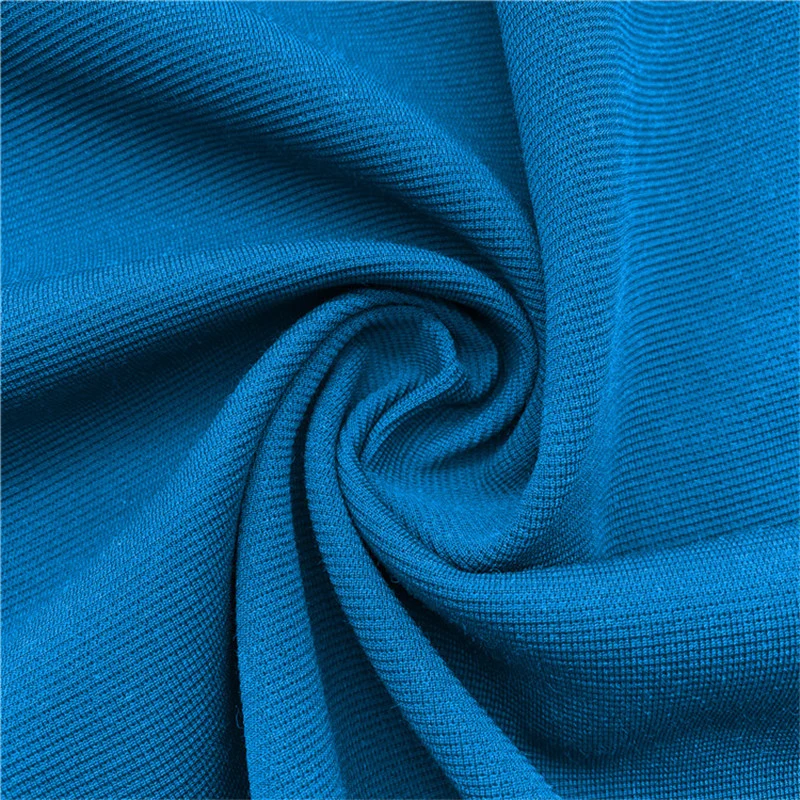
Types of Cotton Blends
Cotton blends combine cotton with other fibers, such as polyester, spandex, or rayon, to enhance the fabric’s properties. These blends offer the best of both worlds, such as improved durability, stretchability, and moisture-wicking capabilities. “Types of Cotton Blends: Unveiling the Fusion of Comfort and Innovation” delves into the various cotton blends and their advantages.
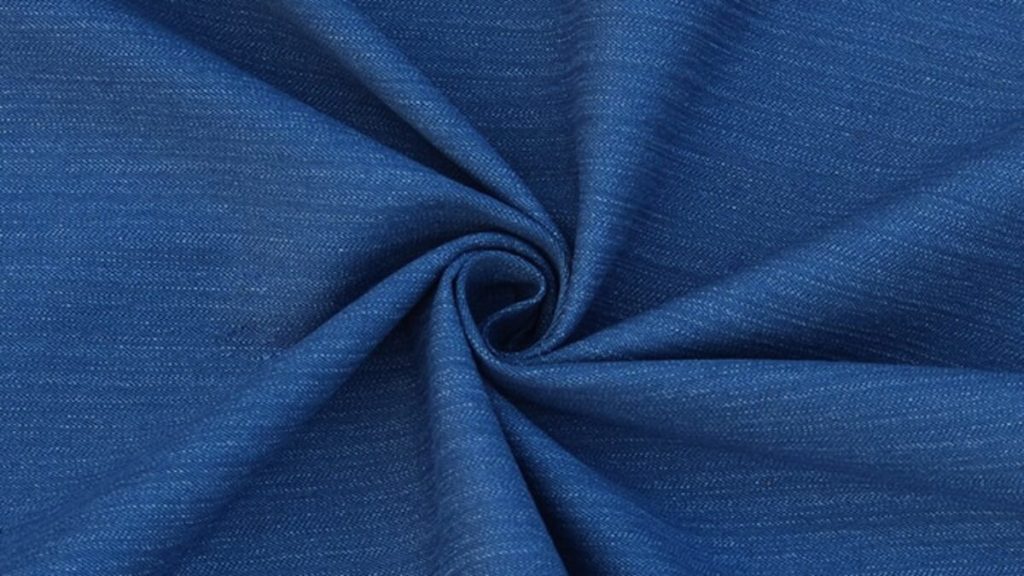
The Journey of Denim
Denim, a staple in fashion, begins its journey from cotton. The transformation from raw cotton to the jeans we love involves processes like spinning, dyeing, and weaving. “The Journey of Denim: From Cotton to Jeans” explores this fascinating process, highlighting the role of cotton in creating this timeless fabric.
Cotton Varieties in India
India is one of the largest producers of cotton, growing a wide variety of species suited to its diverse climatic regions. From the long-staple Suvin to the popular Shankar-6, each type has unique characteristics. “What are the different types of cotton grown in India?” provides an in-depth look at the country’s contribution to the global cotton industry.
Conclusion
Cotton’s versatility and widespread use in the textile industry make understanding its different types crucial. From carded to compact, each type of cotton offers unique benefits suited to specific applications. As the industry continues to evolve, staying informed about these variations is key to making the right choices for your textile needs.
For those in the textile industry looking to source high-quality cotton or explore innovative cotton blends, locofast.com is your go-to platform. With a commitment to quality, sustainability, and innovation, Locofast helps businesses navigate the complex world of textiles, ensuring access to the best materials for your projects. Discover how Locofast can enhance your textile sourcing strategy and keep you ahead in the competitive landscape.
